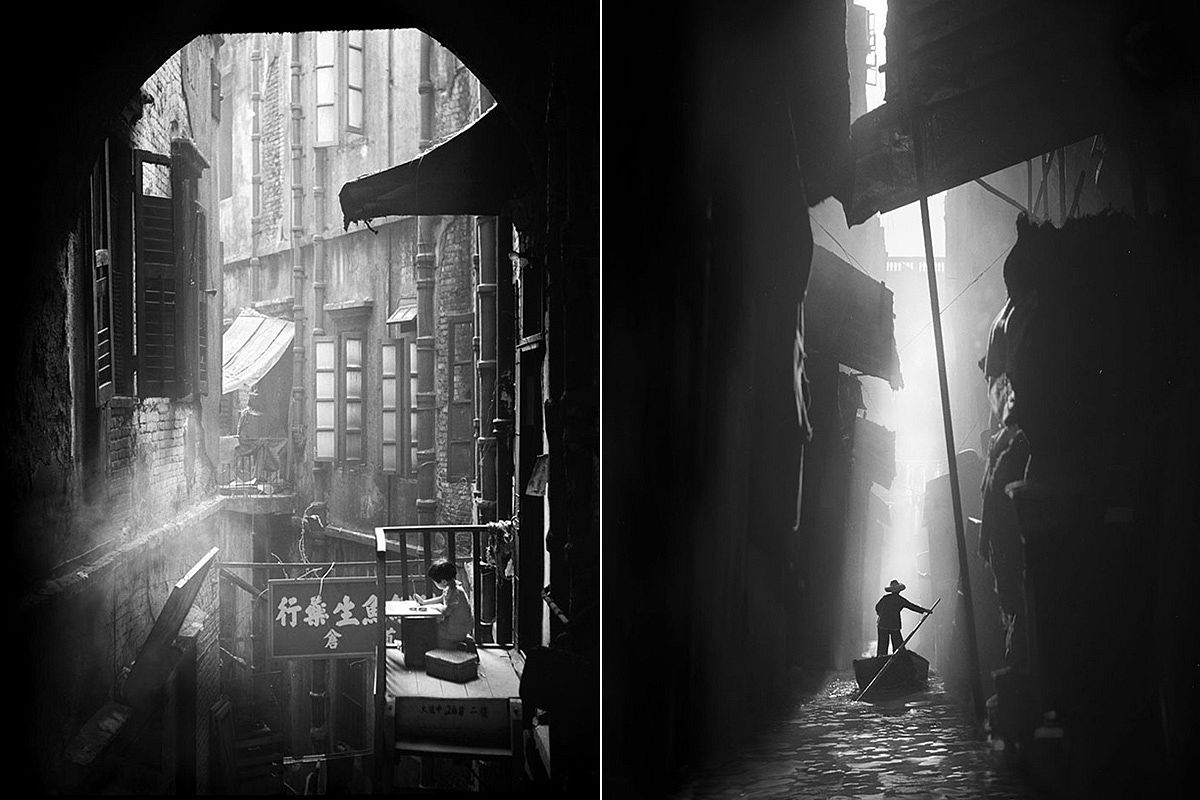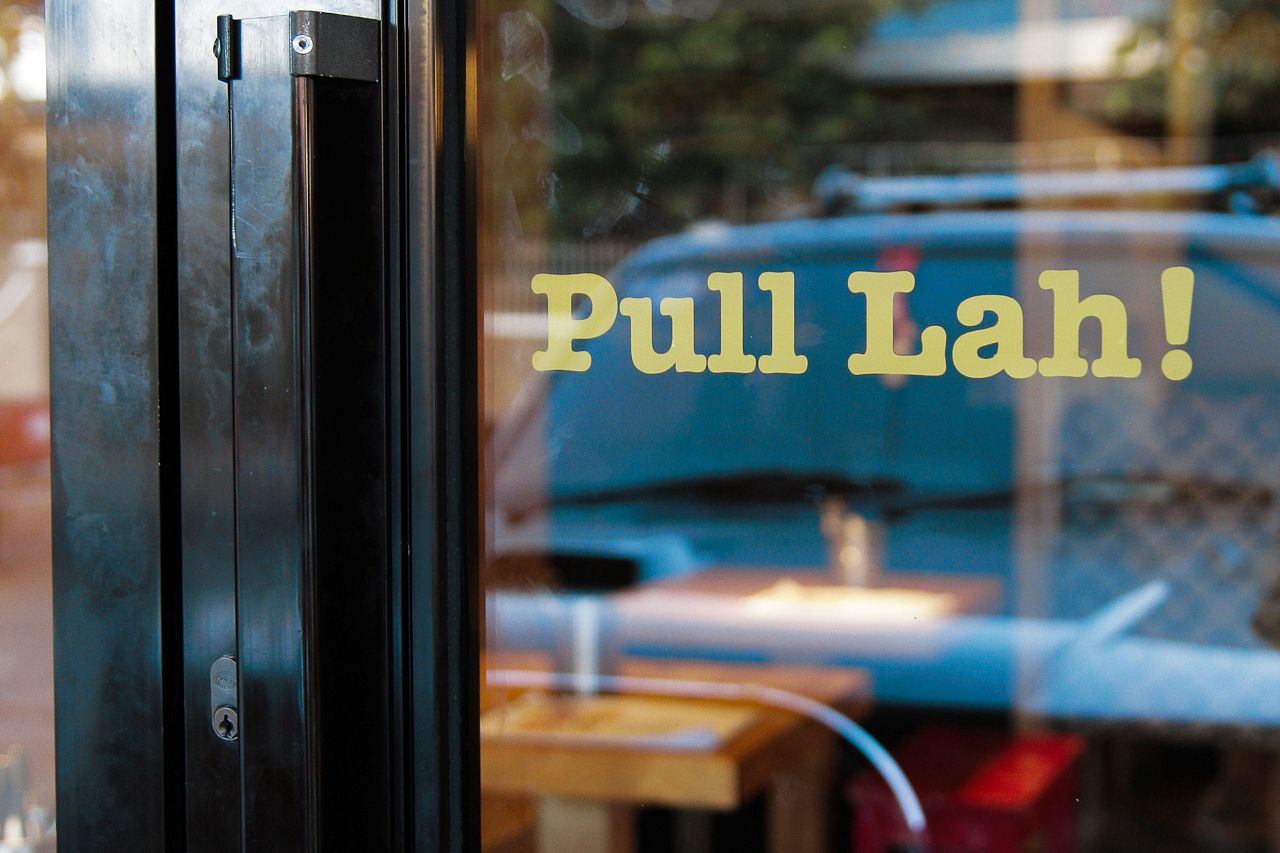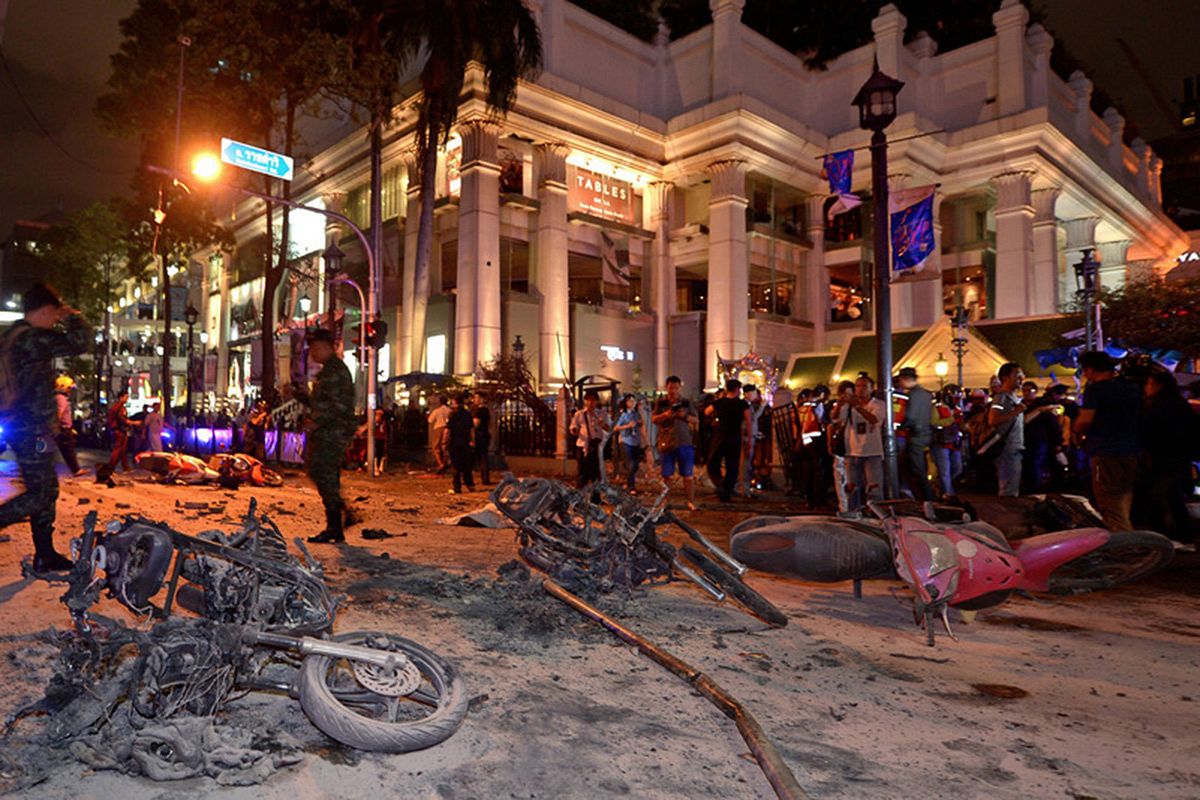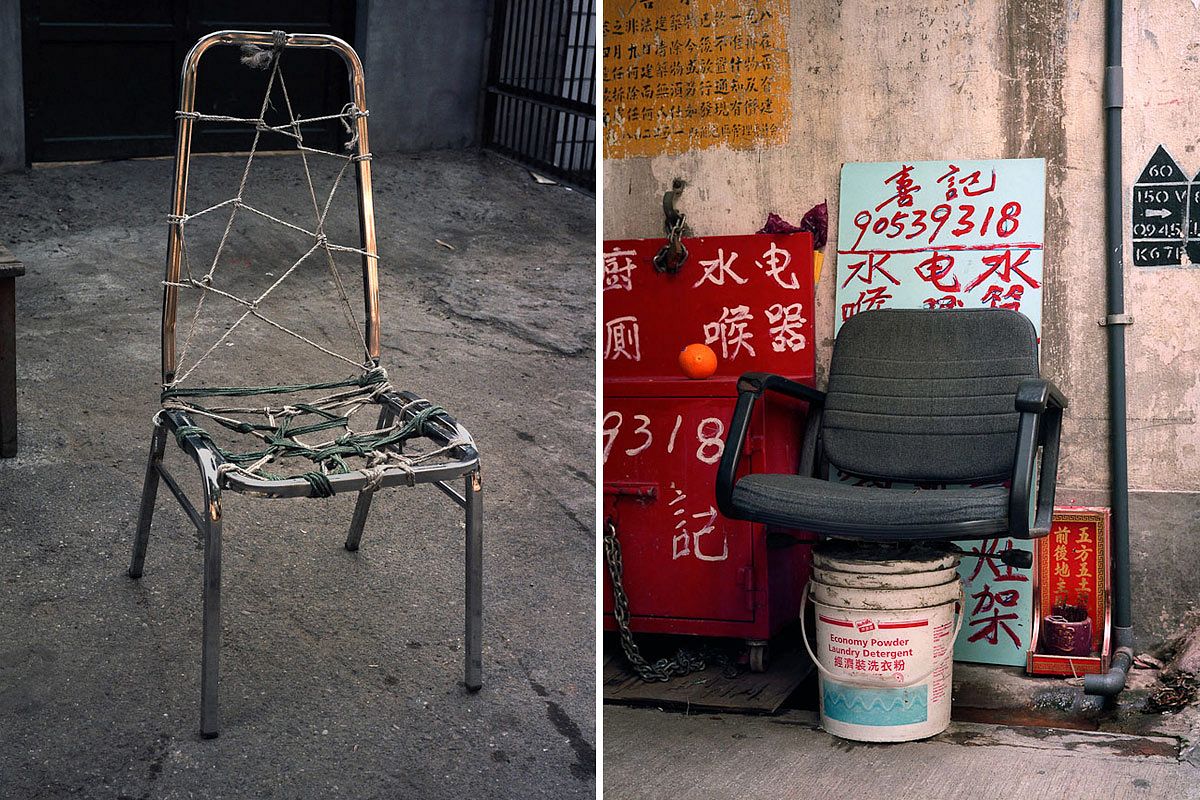Five environmental protection officials in Xi’an, China have been detained after an investigation found they had stuffed cotton into local air-monitoring equipment in order to alter air quality data.
The chief of the Chang’an branch of the Xi’an Environmental Protection Bureau and his staff disrupted data collection by using cotton to block air-monitoring equipment, in addition to tampering with the monitoring station’s computer data, reports the New York Times.
The scheme started in February when the chief himself took advantage of the station’s relocation to Xi’an University of Posts and Telecommunications to make a copy of the station’s key. By accessing the station’s computer and removing surveillance tapes, the chief and his staff were able to manipulate data and cover their tracks until data irregularities caught the attention of national authorities.
According to the Telegraph, local officials’ performance evaluations are directly linked to the results of pollution monitoring in their area of responsibility, thus the Xi’an officials had an incentive to falsify the data. Like other environmental protection officials, the chief and his staff at the Xi’an station attempted to avoid penalties for failing to curb pollution.
This is not the first time Chinese officials have been caught fudging the numbers: in June 2015, officials in the northern city of Hanzhong also attempted to alter data by spraying water onto air-monitoring equipment.
Since 2013, China has released real-time air-quality data overseen by the Ministry of Environmental Protection. Due to the prevalence of air pollution in urban China – over 90% of 360 major cities don’t meet air quality standards, according to the Times – citizens pay close attention to the readings of PM2.5, or fine particulate matter, which can penetrate lung tissue and enter the bloodstream, causing both chronic respiratory infections and a slew of cardiovascular conditions.
Meanwhile, environmental activists and conservationists praised the government’s action against the Xi’an officials. Dong Liansai, a climate and energy campaigner at Greenpeace East Asia, wrote in a press release: “[The Xi’an scandal] should serve as a warning to officials around the country that the central government is serious about punishing environmental abuses.”
Last December, China issued a red alert regarding the country’s devastating air pollution for the first time, allowing state-run media to report more thoroughly on air quality problems, reports the Times.
Among the general public, frustrated Chinese citizens are now hording expensive bottles of fresh air imported from Canada, Britain, Australia and other western countries, while Chinese artist Nut Brother spent 100 days last year vacuuming the air in Beijing, creating a solid brick out of the air pollution he accumulated during his quest.
Also in the capital, Dutch designer Daan Roosegaarde unveiled an avant-garde piece of artwork: a seven-meter-high, electric-powered aluminum tower capable of purifying the city’s toxic air. The structure will be installed in a public park in the hope of drawing attention to Beijing's serious air pollution issues.
While Saigon isn’t in such dire circumstances just yet, air quality in urban Vietnam is not much better. One day last month, Hanoi's air pollution ranked as the second-worst in the world, and the country as a whole is fast earning a place among the nations with the world's poorest air quality.
[Photo via Flickr user Jonathan Kos-Read]














